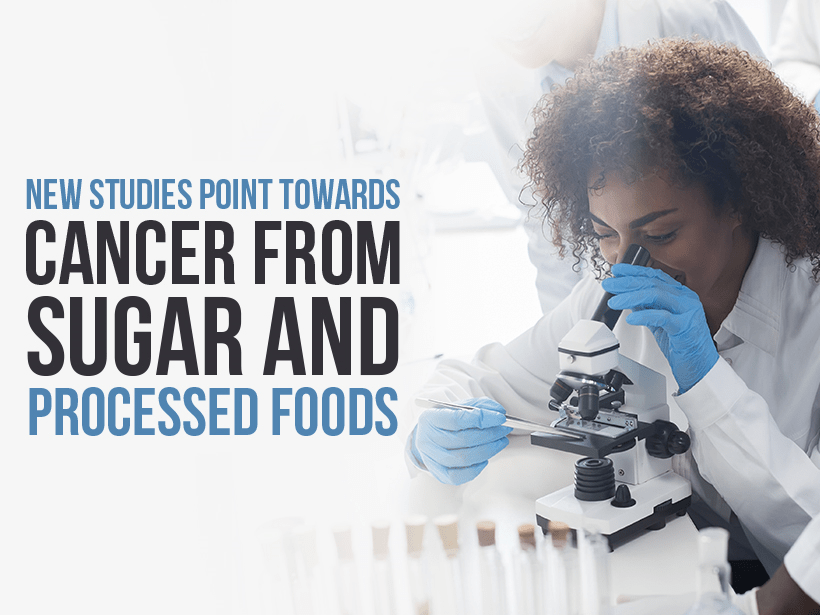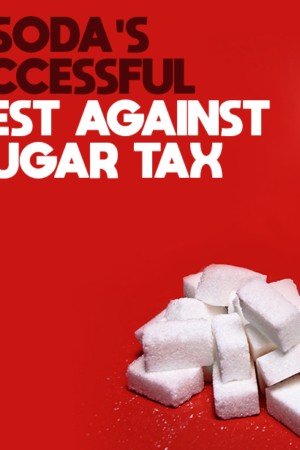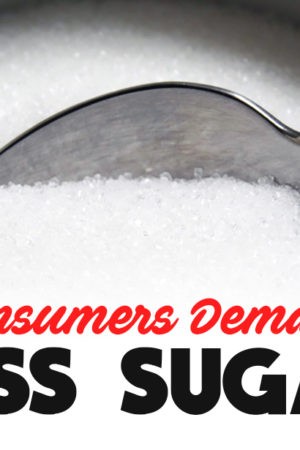A 2016 study found that 60 percent of the calories in the average American diet come from “ultra-processed” foods.1 These foods include sugary cereals, sodas, frozen pizzas, packaged snacks, and other products loaded to the brim with added sugar, and exceptionally high in calories and sodium. Though most people haven’t maintained any illusions, we may assume, as to the nutritional value of these foods, a recent study suggests that the results of their regular consumption (and this concerns, well, most people) are worse than expected.
Processed Foods and Cancer
Researchers this past month at The BMJ (formerly known as the British Medical Journal) analyzed data from over 100,000 people and measured the effects of 3,300 food products categorized according to their degree of processing. They found that a 10 percent increase in these ultra-processed foods in one’s diet was associated with a more than 10 percent increase in risk of breast cancer and cancer in general.2 According to the authors, this is the first study ever conducted on the direct link between food processing and cancer risk. An observational study, however, based on vast amounts of self-reported data, its findings should be interpreted as instructive rather than conclusive.
Sugar, in Particular
A specific causal link between processed foods and cancer remains unclear. Another recently published study, however, may shed some light on the subject. Researchers led by Dr. Allison Hodge at the University of Melbourne found that people who regularly drank soft drinks had a higher risk of cancer than those who didn’t. “We were surprised to find this increased cancer risk is not driven completely by obesity,” said Hodge. “Even people who are not overweight have an increased cancer risk if they regularly drink soft drinks.”3
Scientists have long pointed to obesity in general as a major cause of cancer; the significance of Hodge’s study is that it implicates sugar outside of the role it plays in weight gain. While such a direct link between sugar and cancer certainly requires further research, that between obesity and cancer is well-established; according to the American Society of Clinical Oncology, obesity is poised to overtake tobacco smoking as the number one cause of cancer in the U.S.4 And sugar, specifically the added sugar found in sodas and in ultra-processed foods, has been driving up the obesity rate for decades.
The processed food phenomenon is a sign of our sugar addiction. In light of these recent studies, the cancer risk of these foods should not be taken lightly. Whether or not sugar and processed foods in general are directly related to the risk of cancer remains to be confirmed, but their impact on rates of obesity, themselves directly linked to a variety of cancers, should serve as warning enough.
NUTRITIONAL DISCLAIMER
The content on this website should not be taken as medical advice and you should ALWAYS consult with your doctor before starting any diet or exercise program. We provide nutritional data for our recipes as a courtesy to our readers. We use Total Keto Diet app software to calculate the nutrition and we remove fiber and sugar alcohols, like erythritol, from the total carbohydrate count to get to the net carb count, as they do not affect your blood glucose levels. You should independently calculate nutritional information on your own and not rely on our data. The website or content herein is not intended to cure, prevent, diagnose or treat any disease. This website shall not be liable for adverse reactions or any other outcome resulting from the use of recipes or recommendations on the Website or actions you take as a result. Any action you take is strictly at your own risk.
- For Keto, the Everyday Research Says it All - March 6, 2019
- Huge Harvard Study Backs Up the Wide-Ranging Benefits of a Low-Carb Diet - February 25, 2019
- Experts Convene for Keto Conference - July 30, 2018




